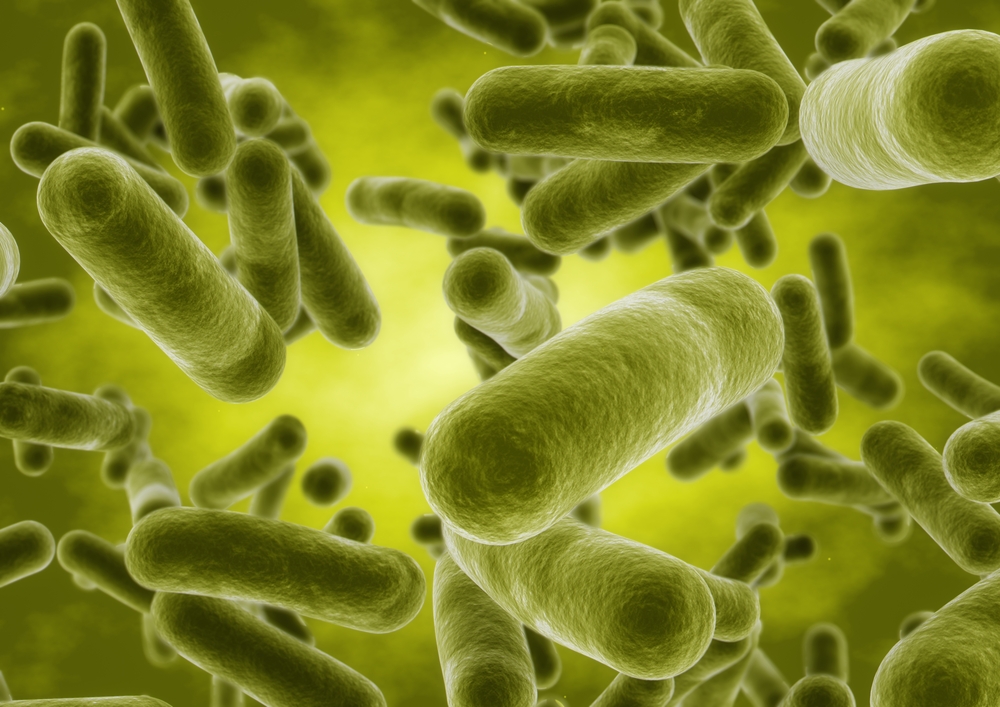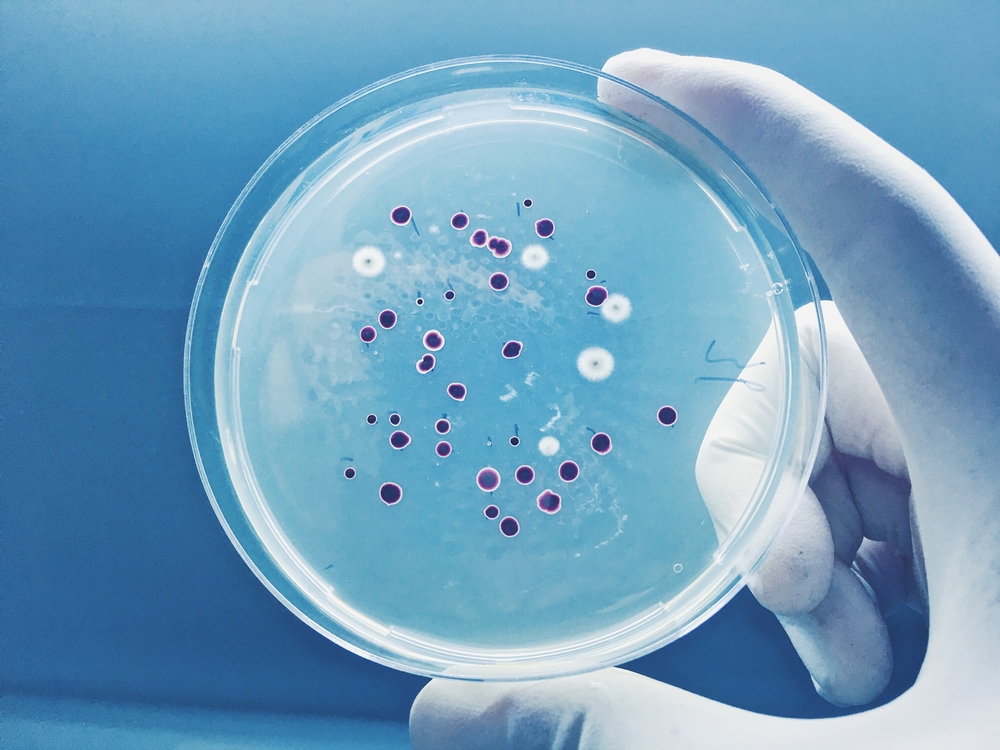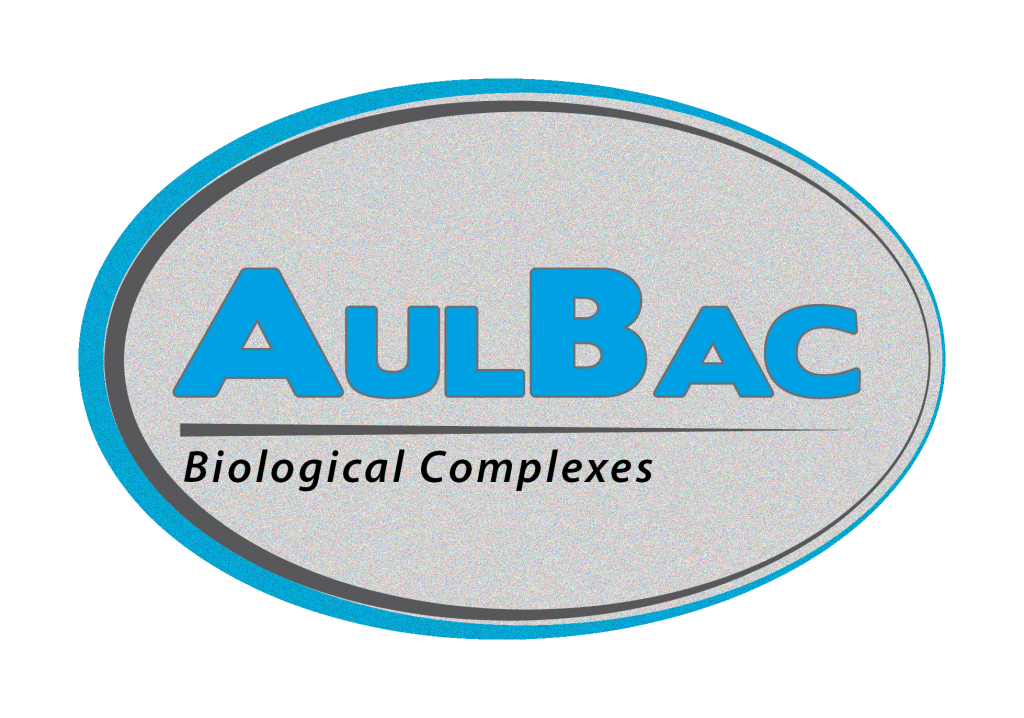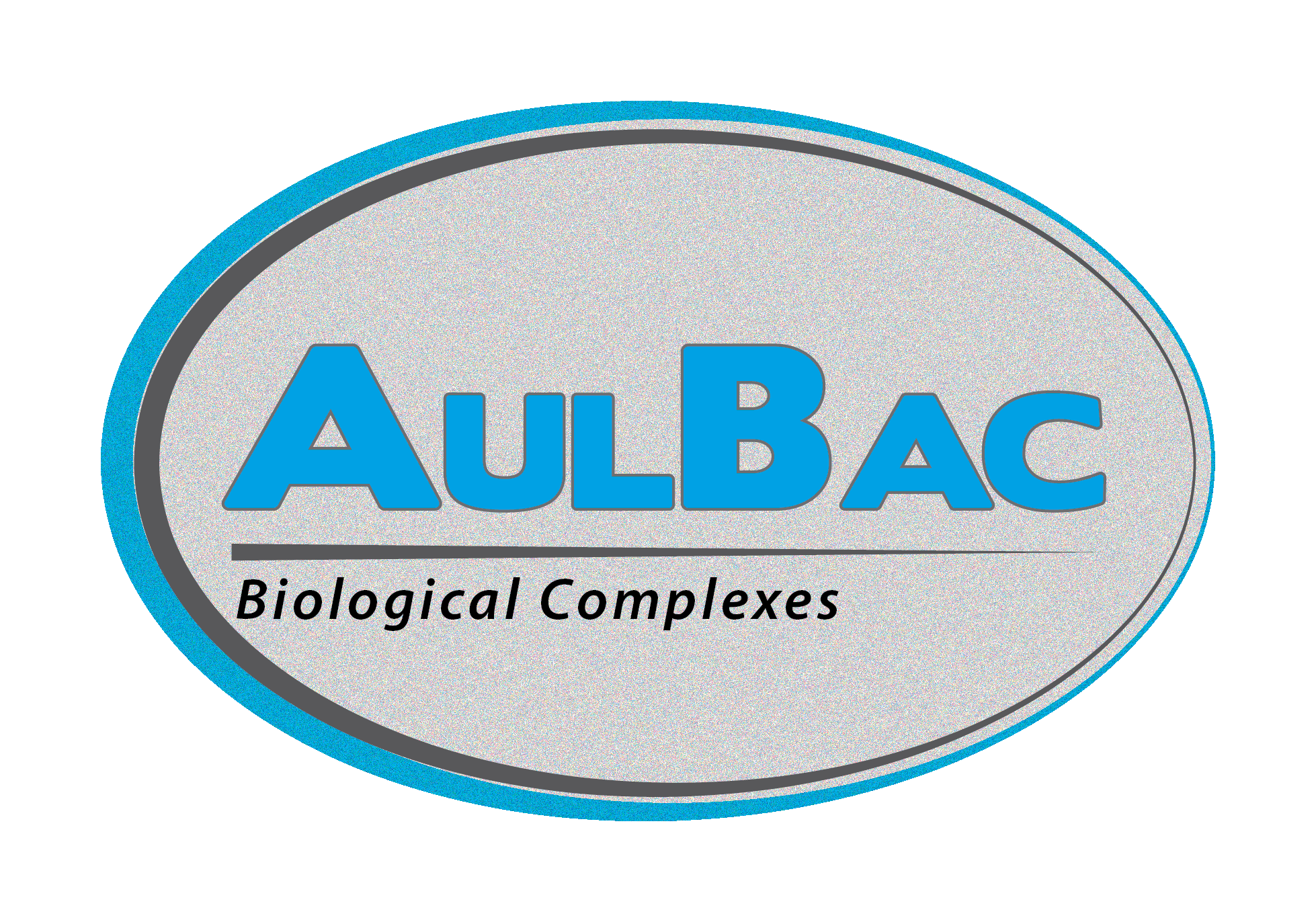
Maintaining cold weather wastewater treatment performance in regards to bacteria can be a challenge for wastewater operators. The most basic option is to increase mixed liquor suspended solid levels that will, in turn, keep less effective bacteria (working). This process is a numbers game as the bacteria become greater in number with hopes they’ll acclimate to their environment.
In wastewater treatment, there are commonly accepted norms when it comes to temperature. Most aerobic wastewater treatment plants operate in the Mesophilic bacterial temperature range of 50°F to 105°F with optimal performance at 86°F.
When the temperature dips below or near 60°F, the effectiveness of bacteria is reduced by approximately 50% for each drop of 10°F increments in wastewater temperature as compared to that of the activity at 86°F.
Not A ‘One-Size-Fits-All’ Science

At Aulick, we provide specific, adapted microbes, grown in high concentrations that produce industry-specific microbial blends. These blends possess a lower sensitivity or higher BOD uptake rate of specific waste components versus indigenous bacteria and competitive blends.
In addition, the microbes in our formulations are stabilized on a proprietary micro-nutrient carrier that provides accelerated germination, growth, and enzyme production versus competitive products to increase the TOC, COD, BOD, and TSS removal in a variety of waste streams and operating conditions as listed:
- Temperature Stressed Conditions
- High Salinity
- Low and High pH
- Recalcitrant Materials
- Sulfide Tolerant Microbes
Product Application Range:
- Municipal Wastewater – BOD, TSS, FOG, Ammonia, TKN, Hydrogen Sulfide
- Pulp and Paper – COD, BOD, Carbohydrates, Proteins, Hydrocarbons, Mercaptans, Hydrogen Sulfide
- Chemical Processing – TOC, BOD, TSS, Hydrocarbons, Phenolic Compounds, Complex Organics, Toxicity
- Food and Beverage – BOD, TSS, FOG, Ammonia, Proteins, Toxicity
The AulBac Line of Biological Complexes
Microbes in biological wastewater treatment systems are single-minded at growing and surviving using the contaminant found in wastewater as a food source. The growth rate of the microbes affects the rate at which chemicals are removed from wastewater. As the wastewater temperature increases (or decreases) beyond optimal growth temperature range, microbes become less sensitive to the presence of the food source and the net result is microbial growth rate decreases and the rate of biodegradation (COD/BOD removal) also decreases.
Bacteria that operate at lower temperatures than the Mesophilic are termed Psychrophilic and can work in the 32°- 70°F range.
In cold temperature wastewater situations, Aulick provides strains of Psychrophilic bacteria that are incorporated into the following applications/industries:
- AulBac 100C – Paper/Pulp Industry
- AulBac 300C – CPI, HPI Industry
- AulBac 400C – Food and Beverage Industry
- AulBac 500C – Municipal/Domestic Wastewater Treatment Plant

Aulick Chemical Solutions is serious about performance. We offer plant trial and testing services backed by our hands-on problem-solving approach.
If you, or someone you know, are interested in learning more about Aulick’s seasonal wastewater treatment plant optimization, contact us today at 859-881-5422 or drop us a line by clicking the button below.


